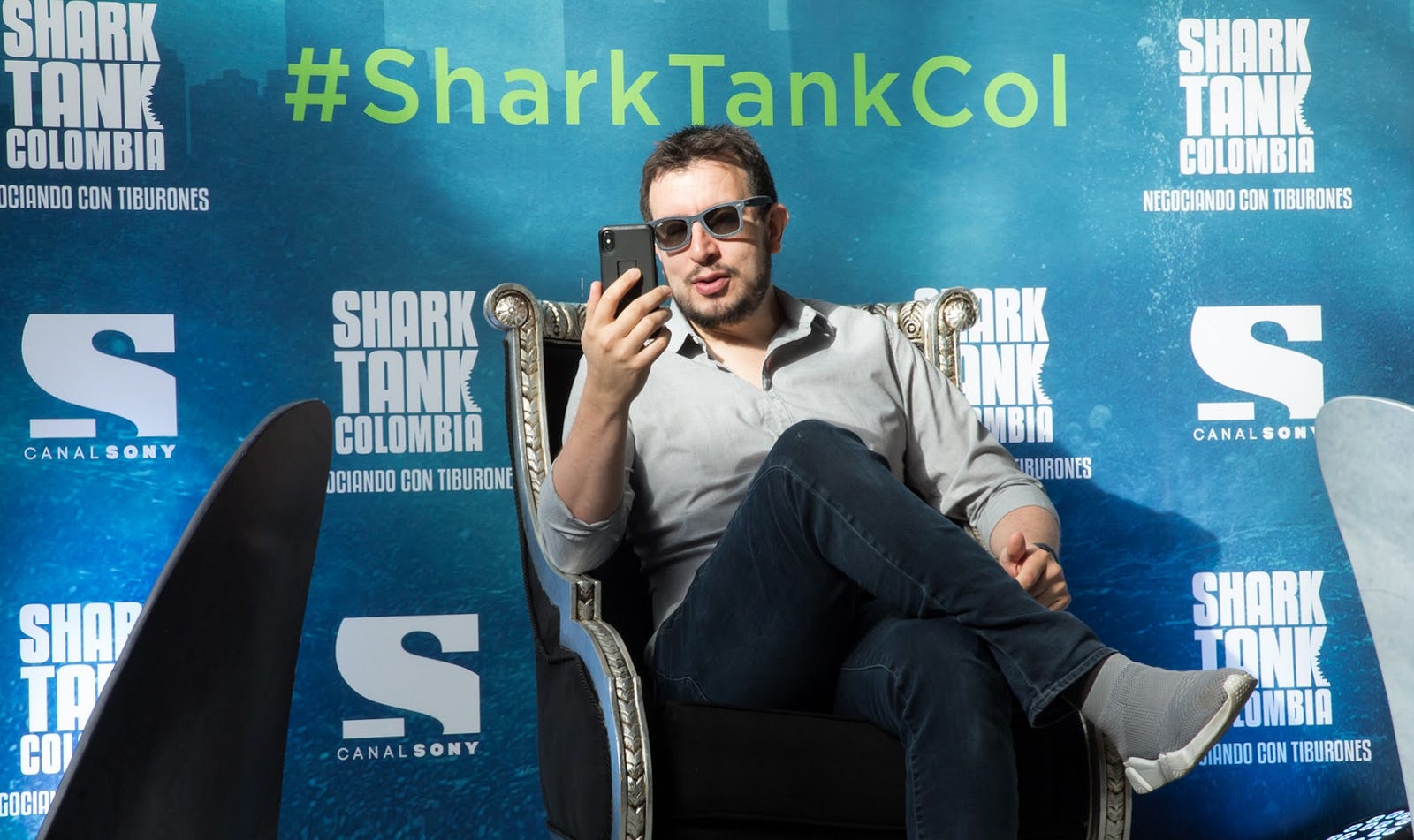No, your startup doesn’t suck!
Accidental entrepreneurs. I guess that’s the definitive description of what my wife Tania and I were when we co-founded Voice123 in the early 2000s. Nonetheless, today it’s a successful business with over 200,000 users.
Less accidental is the reality that its success didn’t depend on angels, accelerators, or venture capitalists (VCs). In fact, had we listened to them, Voice123 would not have existed today. There are any number of entrepreneurs like us out there. The current investment model popularized by Silicon Valley is suffocating many of them and killing startups that could also become successful. This article explains the issue and offers an alternative.
Today most accelerators, angel investors, and venture capitalists make money by giving companies money, gaining equity, and hoping to sell that equity in the future for a much higher return. The system works: companies such as Google, Facebook, Apple, and numerous others wouldn't exist otherwise. The major downside, however, is that this system creates an ecosystem that requires entrepreneurs to shoot for the moon rather than building a sustainable business.
VCs won’t waste time working with companies that are likely to sell for less than $50 million (their business model needs such scale). Angels and accelerators exist because VCs exist. They function as a bridge between the startup and the VC. Although some angels prefer capital-efficient businesses that don’t need much venture capital to avoid dilution, many angels won’t invest in startups that aren’t likely to scale to the $50 million valuation level because they’re afraid VCs won’t invest.
Given that most accelerators follow the angel/VC/exit model too and measure their success based on the level of funding startups get, many entrepreneurs with great ideas and companies are being told to pivot and try “bigger ideas”. They’re unlikely to even consider bootstrapping — which actually works! Unfortunately, forcing first-time entrepreneurs to “dream big” and execute on $50 million ideas is no different than asking a novice driver to compete in a Formula 1 championship race; it’s very risky indeed. The concept of “Go Big or Go Home” may work for some, but it shouldn’t be a rigid mantra — especially in emerging economies.
I (and many of my colleagues) suffer from ‘demo-day-fatigue’. Judging by recent trends, a demo day should rather be called a ‘PowerPoint day’ during which panelists — primarily investors — appear to give entrepreneurs the impression that their companies are “not good enough” simply because the panelists’ firms decided against investing in them.
Quite frankly, I’m tired of investors dismissing entrepreneurs because their startups are so-called lifestyle businesses (as if being an investor isn’t a lifestyle business!). I don’t want to continue seeing emerging economies trying and failing at copying the Silicon Valley model, thus teaching entrepreneurs how to raise angel capital when there are few successful exits.


Entrepreneurs with good ideas, even if they are “not-so-big” ideas, should feel comfortable building “not-so-big” companies. This is especially relevant for first-time entrepreneurs. It’s perfectly okay to build a bootstrapped company that “only” sells $1m per year and grows 20% year-on-year. Sure, no VC will get rich but the founders will be happy. Such companies can also have significant social impact. As an investor in Shark Tank Colombia, I've tried to communicate this whenever I opt not to invest in a promising business.
Can angels and accelerators help? Unfortunately, our current business model depends on VCs. If a company we fund is not backed by a VC, it’s unlikely that we will get our money back. The solution? While there could be many, there’s one I’d like to propose after considering it carefully for some time: convertible revshare.
When an accelerator or angel invests in a company (whether it’s cash or, more importantly, mentoring), they could start getting a small part of the company’s revenue. Of course, the revenue may be meager initially, but after a couple of years and some growth, the revenue may be substantial enough to justify the original investment of time and/or money. As with convertible notes, convertible revshare could become equity when certain performance levels or time-based milestones are reached — for example: hitting a certain level of aggregate sales, receiving a certain amount of funding, or being sold.
I’m calling it ‘convertible revshare’ because of its similarities with convertible notes. Unlike convertible notes, though, the business model of angels and accelerators wouldn’t depend on the company being sold to be viable. As a matter of fact, convertible revshare may open the door for accelerators to promote bootstrapping. The ‘convertible royalties’ idea may allow angels and accelerators to invest in companies that aren’t even considered for acceleration nowadays: bootstrapped companies, companies that don’t need additional capital, service companies, nonprofits, etc. It may even allow crowdfunding services such as Kickstarter, Indiegogo, and Vaki to offer some kind of monetary return to crowdfunders. I dream of the day when accelerators stop trying to force entrepreneurs to improve their investor-pitch and rather focus on helping them improve their client-pitch so they can sell more!
Some investors are experimenting with related concepts. Village Capital, Indie.vc and Adobe Capital use subordinated debt that is repaid by collecting a percentage of sales. This model is sometimes called ‘revenue capital’. Nevertheless, many entrepreneurs don’t need venture capital. They need education, mentoring, connections, and strategy.
Of course, the convertible revshare model won’t be perfect and may not work in every situation; the percentage shared may need to be different for different companies depending on their business model.
What do you think? What drawbacks could the proposed model have? If you’re an entrepreneur, would you be willing to pay 1–2% in revshare (instead of providing the traditional 7–10% equity) to accelerators? If you’re an accelerator, would you consider using the model? Would it work in emerging economies? Would it work in Silicon Valley? Should the convertible revshare agreement have a deadline? Would this model encourage accelerators to push entrepreneurs to increase sales in the short term while sacrificing long-term strategy?
I like putting my money where my mouth is, so I'm thinking of founding a mentorship-focused accelerator to accelerate one million entrepreneurs under this model. Interested in joining me as a co-founder, being accelerated, or becoming a mentor and getting a portion of the revshare? Drop me a mail: [email protected]


